-
CreatorTopic
-
06/08/2017 at 2:07 am #7294
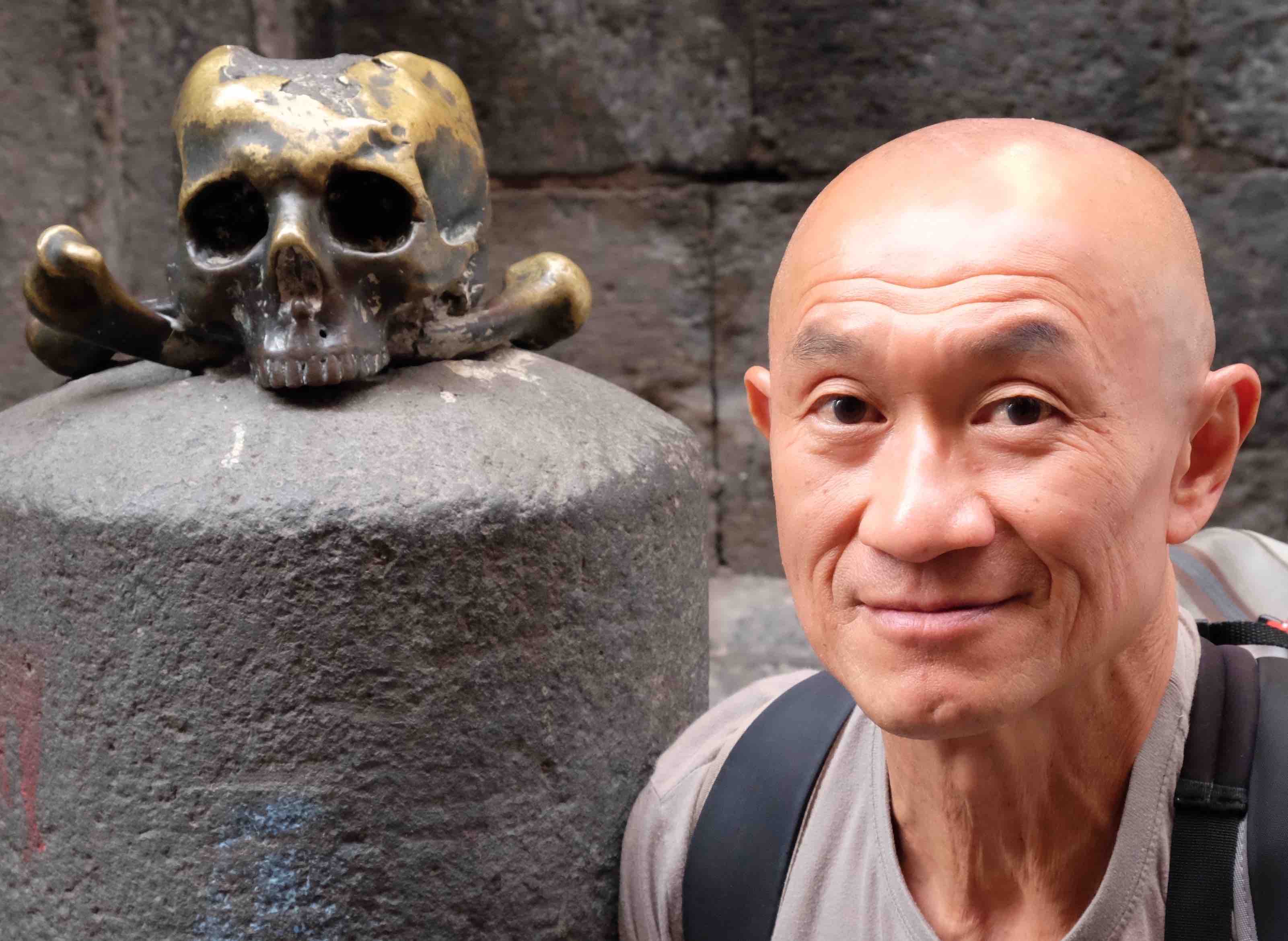 UdomMember
UdomMemberกาารสื่อสารแบบ social media (สังคมออนไลน์) มีผลกระทบต่อการทำงานการวิจัย/โครงการวิจัยของท่านอย่างไรบ้าง กรุณายกตัวอย่างเพื่อแลกเปลี่ยนประสบการณ์กับผู้เรียนคนอื่นด้วยครับ และโครงการวิจัยที่ท่านทำอยู่ได้ใช้การสื่อสารทาง social media หรือไม่ หรือว่าในแผนการสื่อสารของโครงการวิจัยของท่านมีการใช้ social media หรือไม่ ขอบคุณครับ
How social media has impacted communication of your program or trial? Please give an example. And have you used or included social media in your communication plan? Thank you for sharing.
-
CreatorTopic
-
AuthorReplies
-
-
07/11/2017 at 6:26 am #7395
 YarindaMember
YarindaMemberขออภัยที่เข้ามาตอบช้าค่ะ เนื่องจากมีปัญหาในการเข้าระบบ
ในส่วนของการใช้สื่อออนไลน์กับโครงการวิจัยนั้น มีทั้งผลกระทบเชิงลบและบวก ในแง่บวกนั้น ทำให้เข้าถึงกลุ่มเป้าหมายได้มากขึ้นและการติดต่อสื่อสาหรือการให้ข้อมูลจะเป็นไปได้อย่างสะดวก แต่ถ้าในผลกะทบเชิงลบนั้นจะเป้นในเรื่องของการส่งต่อข้อมูลกันในชุมชนออนไลน์ของกลุ่มเป้าหมายเอง บางทีอาจมีการสื่อสารกันอย่างผิดๆอาจทำให้เกิดข้อถกเถียงที่ร้ายแรงได้ เช่น ในเรื่องยาเพร็พ เป็นต้นค่ะ นส่วนงานวิจัยที่ดิฉันทำอยู่นั้นก็ได้ใช้สื่อโซเชียลมีเดียออนไลน์ในการสรรหาอาสาสมัครเช่นกันค่ะ และยังไม่มีผลกระทบในด้านลบแต่อย่างใด ณ ขณะนี้-
07/11/2017 at 3:18 pm #7397
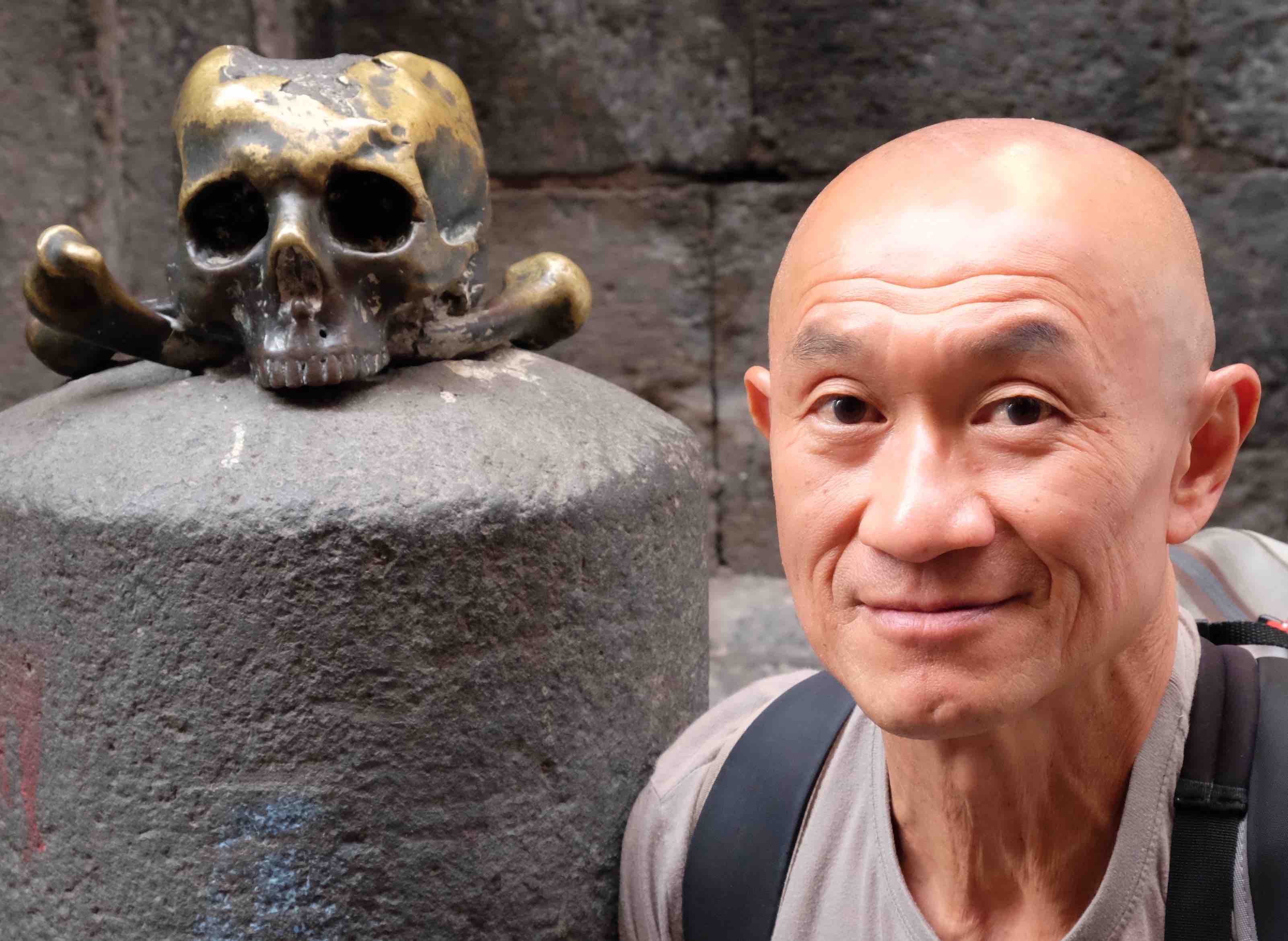 UdomMember
UdomMemberThank you krub K. Yarinda.
K. Yarinda apologized for the late response due to log in problem. Using social media in research has positive and negative effects. For positive, social media increases access to targeted group. It is also convenient. As for negative effects, forwarding message among online community can cause miscommunication leading to serious controversy such as the debate on PrEP. In her work, K. Yarinda uses social media to recruit trial participants. There is no negative consequence so far.
-
-
06/18/2017 at 7:42 am #7321
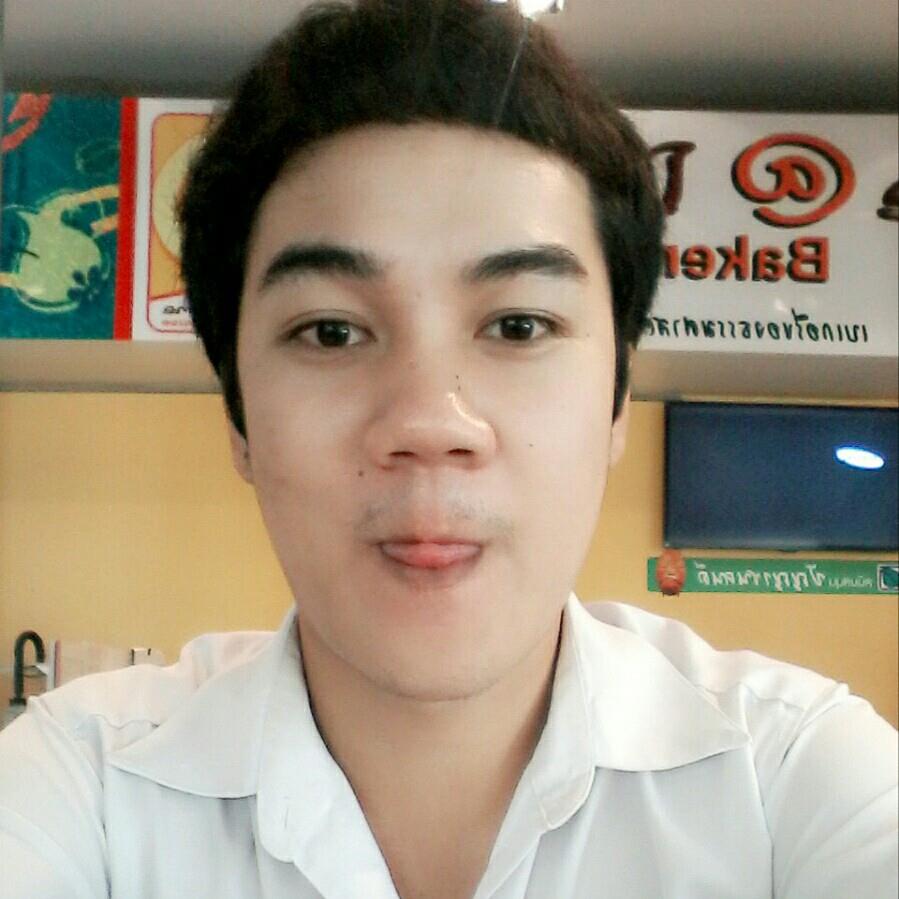 ATTHAPHONMember
ATTHAPHONMemberขออนุญาตยกตัวอย่างโครงการวิจัย PrEP Princess ที่เคยทำตอนที่ทำงานกับ Adam’s Love นะครับ เนื่องด้วยโครงการวิจัยนี้ทางอดัมส์เลิฟเองได้กำหนดคุณลักษณะของกลุ่มอาสาสมัครขึ้นมาใหม่เพิ่มเติม โดยคุณสมบัติหลักหนึ่งในนั้น คือ จะต้องเป็นผู้ที่มาจากรูปแบบออนไลน์เท่านั้น ซึ่งหมายความว่าอาสาสมัครผู้ที่สนใจจะทราบข้อมูลข่าวสารจากแหล่งออนไลน์ อาทิ Facebook, LINE@, Website, Hotline และได้ทำการลงทะเบียนออนไลน์ (ไม่ระบุตัวตน สามารถลงทะเบียนเป็นอักษรย่อได้) ก่อนเข้ารับบริการตามศูนย์บริการในภาคีเครือข่ายต่างๆ โดยกระบวนการนี้ถูกเรียกว่า Online to Offline ดังนั้น การใช้ social media ในงานวิจัยจะช่วยให้กลุ่มเป้าหมายที่ต้องการจะศึกษาครอบคลุมและมีความหลากหลายมากขึ้น เป็นช่องทางการติดต่อสื่อสารที่สะดวก รวดเร็ว และไม่มีค่าใช้จ่าย แต่ข้อควรระวังสำหรับการใช้ social media ในงานวิจัย คือ จริยธรรมในการตอบคำถาม ซึ่งบางคำถามที่อาสาสมัครสอบถามเข้ามาเป็นคำถามเฉพาะที่ต้องส่งต่อให้ผู้เชี่ยวชาญเป็นผู้ตอบแทนครับ
-
06/23/2017 at 5:05 am #7323
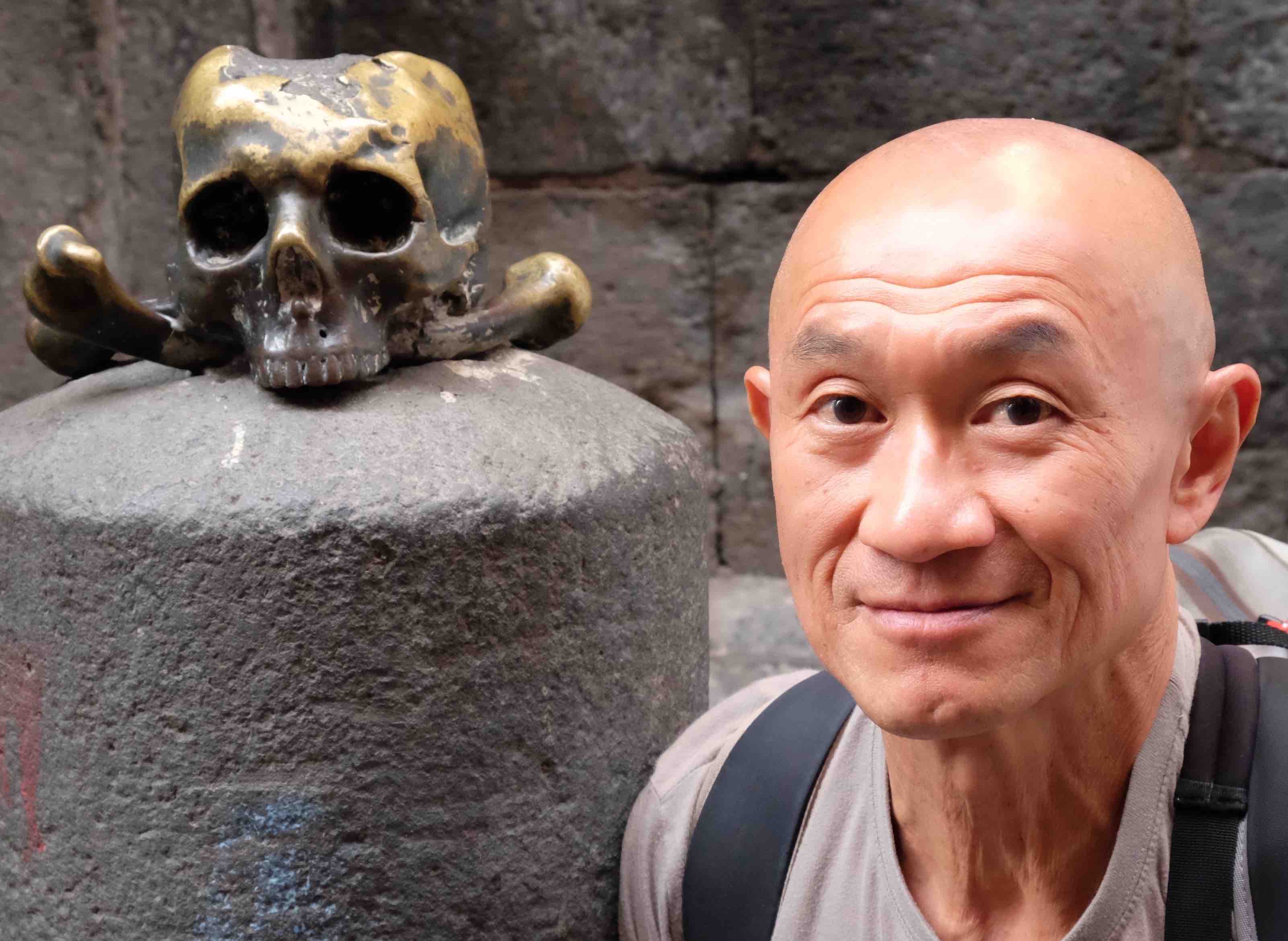 UdomMember
UdomMemberThank you krub K. Atthaphon.
K. Atthapon wrote about a social media used in Adam’s Love website of the PrEP Princess program. Adam’s Love included new criteria for participants which was potential participants would be from online register only. Any one who was interested in receiving information from online sources such as Facebook, Line @, website and hotline and had already registered online anonymously (participants could use acronym instead of real name) before requesting services from health centers operated by Adam’s Love partners. The process was called Online to Offline. Using social media enabled the research teams to access variety of populations. It was also convenient and quick and no cost. One ethical condition in using social media was answering certain questions (from participants) that should be referred to specialists.
-
-
06/14/2017 at 2:06 pm #7313
 ChintanaMember
ChintanaMemberผลกระทบของเครือข่ายสังคมออนไลน์มีผลกระทบต่อการทำงานการวิจัยมีทั้งในเชิงบวก และเชิงลบ
ผลกระทบเชิงบวก มีดังนี้ค่ะ
1. เป็นการสร้างเครือข่ายการประสานงานการทำงานระหว่างหน่วยวิจัยผ่านไลน์กลุ่ม (Group line application) สร้างความสะดวกในการสื่อสารและสัมพันธ์ที่ดีระหว่างหน่วยวิจัยได้
2. เป็นเครื่องมือช่วยในการสื่อสารให้มีประสิทธิภาพ ซึ่งสามารถสื่อสารได้หลายรูปแบบ เช่น การลงทะเบียนโครงการวิจัยใน http://www.clinicaltrial.gov, http://www.clinicaltrials.in.th การเปิดเผยความมีส่วนได้ส่วนเสียในการวิจัยต่อสาธารณะ ใน website ของสถาบันวิจัยวิทยาศาสตร์สุขภาพ มช http://www.rihes.cmu.ac.th การใช้ line, facebook ในการติดต่อสื่อสารกับอาสาสมัคร ญาติ เจ้าหน้าที่โรงพยาบาลชุมชน เจ้าหน้าที่ทีมวิจัย CAB, สสจ., สคร, สำนักโรคเอดส์ฯ
3. เป็นสื่อในการประชาสัมพันธ์ ทีมวิจัยใช้ line facebook ในการส่งข้อมูลไปยังโรงพยาบาลชุมชนเพื่อประชาสัมพันธ์โรงการวิจัยและส่งต่ออาสาสมัคครกลับสู่การดูแลตามระบบบริการสุขภาพมาตรฐานหลังสิ้นสุดโครงการวิจัย ทั้งนี้ยังต้องดำเนินการควบคู่กับการสื่อสารอย่างเป็นทางการด้วย
4. ช่วยประหยัดค่าใช้จ่ายในการติดต่อสื่อสารกับผู้อื่น ด้วยช่องที่สะดวกและรวดเร็วผลกระทบเชิงลบ มีดังนี้ค่ะ
1. เนื่องจากโครงการวิจัยที่ดำเนินการอยู่เป็นโครงการวิจัยเกี่ยวกับเอชไอวีในมารดา เด็กและวัยรุ่น จึงต้องระมัดระวังเรื่องการใช้ social media อย่างมากเพื่อป้องกันไม่ให้มีการเปิดเผยข้อมูลที่ระบุความเป็นตัวตนของอาสาสมัคร อันอาจจะส่งผลให้เกิด social harm กับอาสาสมัครได้-
06/15/2017 at 5:30 am #7314
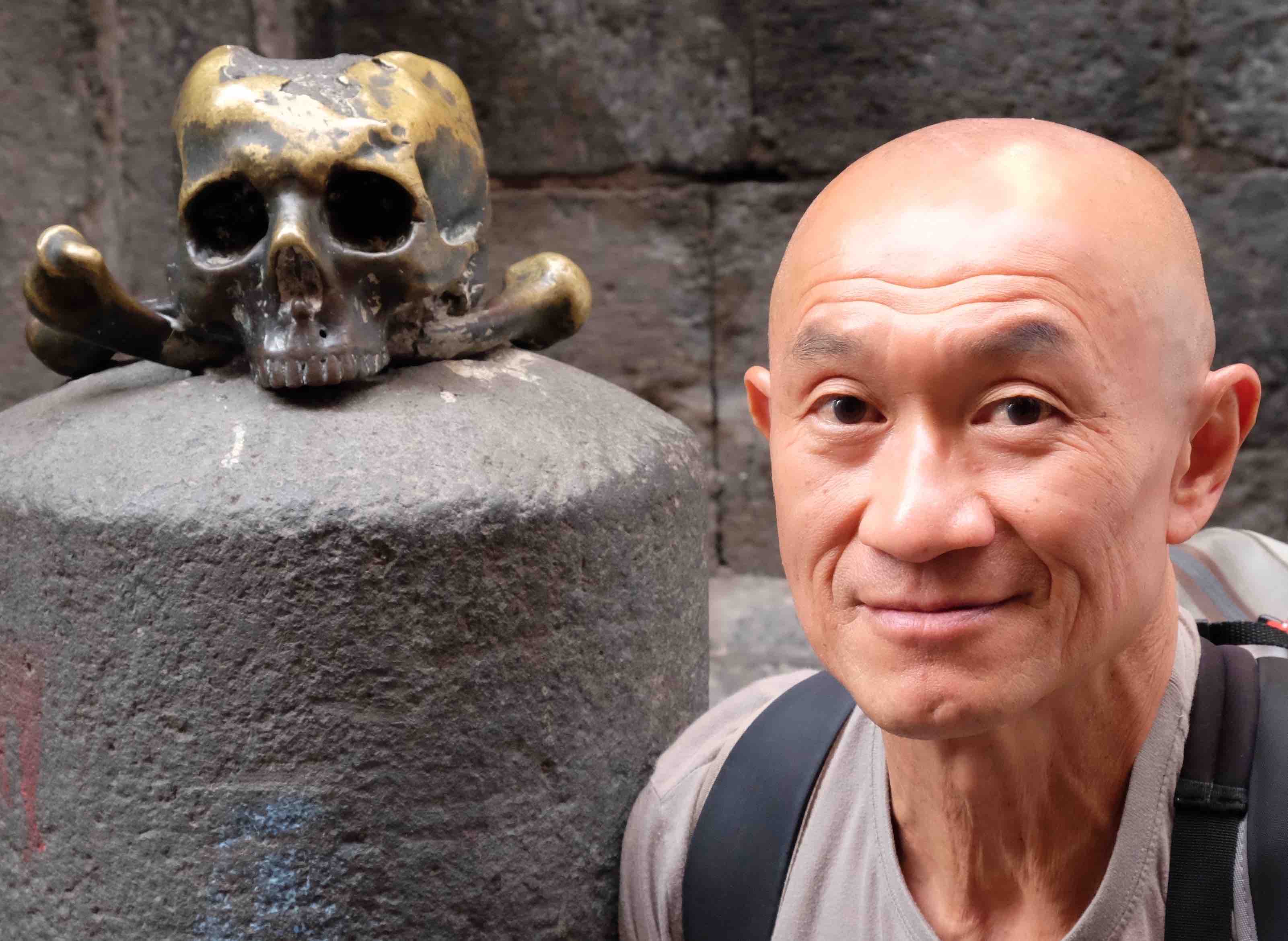 UdomMember
UdomMemberThank you krub K. Chintana.
K. Chintana wrote that social media could positively and negatively affect research.
Positive impacts of social media are:
1) It helps in creating coordinating network between research sites thru group Line application which is convenient and nurtures positive relationship between sites.
2) It facilitates effective communication and provides users with variety of communication channels. For example in register a study in the US government websites such as http://www.clinicaltrial.gov; or http://www.clinicaltrials.in.th; for dissemination of a study information thru the website of the Research Institute of Health Sciences, Chiang Mai University at http://www.rihes.cmu.ac.th; or to communicate with trial participants, their families, officers of community hospitals, research team, CAB, officers of the Provincial Office of Public Health, and Regional Office of Disease Control, and the Bureau of AIDS, Ministry of Public Health thru line or facebook.
3) It can be used in public relation of a study. The research team sends summary of a study to community hospitals using line and facebook. Moreover the research team uses social media in refer trial participants to the existing health services after the completion of the study in parallel with the formal communication.
4) It is economical and convenient way of communicationThe negative impact of social media is:
1) It might lead to revealing confidential information of trial participants which could cause social harm to them. K. Chintana involves in HIV studies among mothers, children and adolescents so she has to be very careful about using social media.
-
-
06/12/2017 at 3:47 am #7305
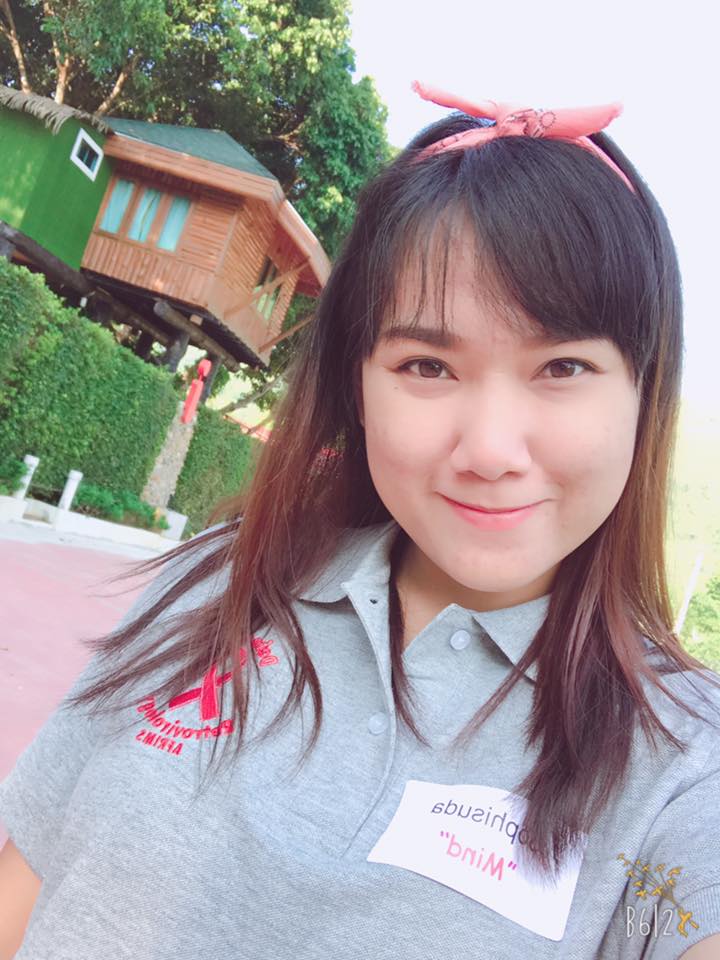 SophisudaMember
SophisudaMemberยังเป็นการใช้สื่อสารผ่านทาง Social media แบบไม่เป็นทางการค่ะ ไม่ได้มีการระบุไว้ในแผนงานของโครงการวิจัย แต่มีการใช้เพื่อติดต่อสื่อสารเพื่อให้ข้อมูลเชิงการประชาสัมพันธ์ นัดหมายการประชุม หรือติดต่อสื่อสารระหว่างบุคคุลค่ะ
โดยมีการใช้ไลน์กลุ่ม (Group Line Application) ในการติดต่อสื่อสารกับกลุ่มคณะกรรมการที่ปรึกษาชุมชน (CAB) และ Stakeholder กลุ่มภาคีเครือข่ายต่างๆในพื้นที่ สำหรับนัดหมายการประชุมและอัพเดตข้อมูลข่าวสาร แลกเปลี่ยนความคิดเห็นเชิงวิชาการและแนวทางการปฏิบัติงานต่างๆ ส่วนการติดต่อสื่อสารเพื่อให้ข้อมูลโครงการส่วนใหญ่จะใช้พูดคุยผ่าน Line, Facebook Messager, Beetalk ที่เป็นช่องทางระหว่างบุคคลเท่านั้นเพื่อเป็นการป้องกันการเปิดเผยข้อมูลที่เป็นความลับ ซึ่งข้อมูลที่ให้ผ่านทาง Social media นั้น จะต้องไม่เกินขอบเขตที่เปิดเผยได้เป็นข้อมูลเชิงประชาสัมพันธ์ตามแผ่นพับ (Brochure) หรือการให้ความรู้ด้านสุขภาพอนามัย ซึ่งการป้องกันการเปิดเผยข้อมูลที่เป็นความลับเป็นเรื่องที่สำคัญที่สุดในการใช้การสื่อสารผ่านทาง Social media ผู้ใช้จะต้องระมัดระวังเป็นอย่างมาก อย่างไรก็ตาม หากอาสาสมัครต้องการข้อมูลเพิ่มเติม จะนัดหมายให้เข้ามาที่ศูนย์ (drop in) เพื่อพูดคุยรายละเอียดกันมากกว่าค่ะ เพราะเราจะได้เช็คความเข้าใจของผู้ได้รับข้อมูลด้วยค่ะว่าเข้าใจถูกต้องหรือไม่
ในส่วนตัวคิดว่าข้อดีของการใช้การสื่อสารผ่านทาง Social media คือ ผู้สนใจได้รับข้อมูลที่เพียงพอ ทั้งรูปภาพ ข้อความรายละเอียด พิกัดสถานที่ (share location) ก่อนตัดสินใจเข้ามาที่ศูนย์หรือเข้าร่วมโครงการ และข้อเสียคือการสื่อสารผ่านตัวอักษรอาจทำให้เกิดความเข้าใจที่ผิดพลาดได้ง่ายหรือเข้าใจไม่ตรงกัน และอาจจะมีการส่งข้อมูลผิดๆต่อกันออกไปแบบขยายวงกว้างอย่างรวดเร็วค่ะ ซึ่งหากเป็นเช่นนั้นโครงการวิจัยอาจจะได้รับผลกระทบอย่างมากจากข่าวลือที่ผิดพลาด และอาจเกิดความไม่ไว้วางใจต่อชุมชนได้ค่ะโศภิสุดา (มายด์ค่ะ)
-
06/12/2017 at 5:17 am #7306
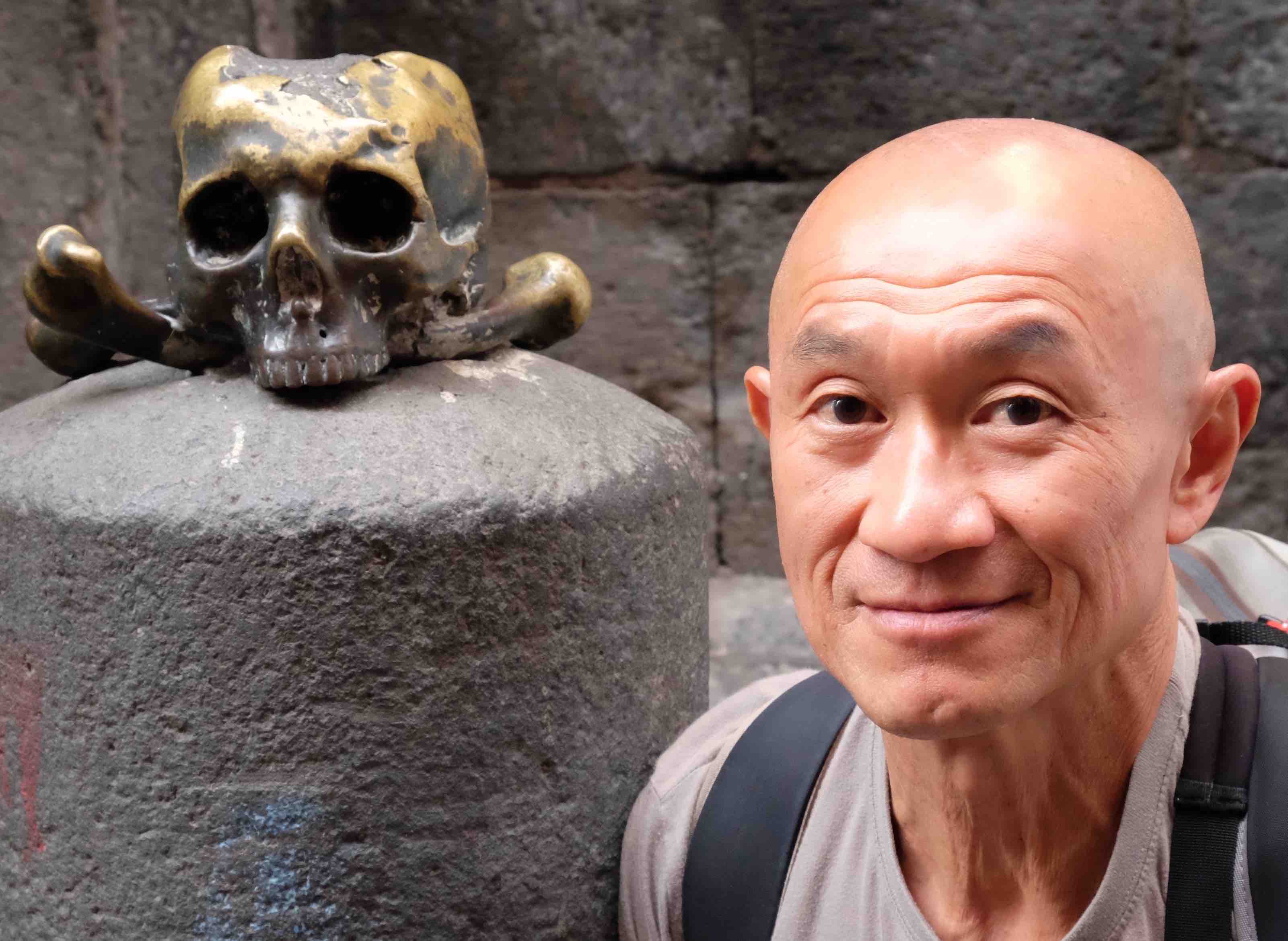 UdomMember
UdomMemberThank you krub K. Sophisuda.
K. Sophisuda uses social media informally because it is not formally included in the stakeholder engagement plan of the study. She uses it to provide general information of the study, to communicate with the site’s CAB, other stakeholders, local partners and related networks. She uses social network to set up meeting, update and share ideas and practices. In communicating topics related to the study, K. Sophisuda uses Line, Facebook Messenger, and Beetalk because these are personal communication and protection of confidential information is her main concern. She has to be certain that the information shared in social media is same as the information that has already disseminated in the study brochure or information about general health care. If trial participants want more information, they could set up an appointment to come to the drop in center for addition information. This is also to make sure that they understand correctly.
The advantage of social media is interested person will receive sufficient information including pictures, text, and geographic location (share location) of the site before coming to the site or enrolling in the study. The disadvantage is text-focused communication can lead to misunderstanding, and sending and resending inaccurate information to more people rapidly. If this happens, the study will be affected by false rumor which could lead to mistrust in the community.
-
-
06/12/2017 at 3:24 am #7304
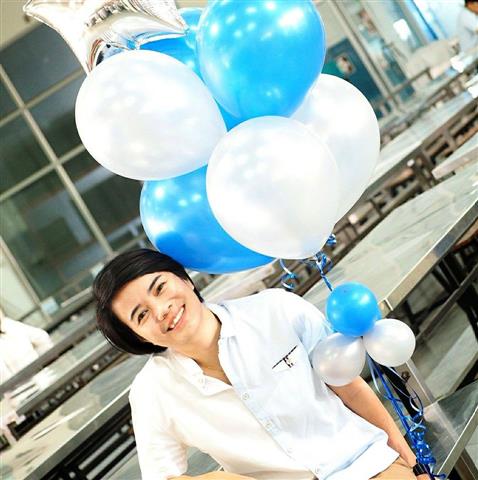 wilawanMember
wilawanMemberขอแชร์ประสบการณ์จากความพยายามจะใช้ Facebook ในการประชาสัมพันธ์โครงการวัคซีนHIV เนื่องจากกลุ่มอาสาสมัครที่ต้องการเป็นบุคคลทั่วไปทางทีมวิจัยจึงคิดว่าการใช้Facebook น่าจะช่วยประชาสัมพันธ์ข่าวสารของโครงการได้ดี แต่เมื่อมีความพยายามนำไปใช้กลับได้รับการทวงติงจาก IRB เนื่องจากเกรงว่าจะไม่สามารถควบคุมเนื้อหาที่โพสลงไปได้ และสุดท้ายทางทีมวิจัยจึงได้ยกเลิกการสื่อสารผ่านทางFacebook ไป
และในหลายๆครั้งอาสาสมัครที่เข้าโครงการวิจัยรวมถึงStakeholder มักจะมีคำถามมาถามเจ้าหน้าที่โครงการวิจัยเกี่ยวกับข้อมูลข่าวสารที่ได้รับจาก Social media ซึ่งมีทั้งข้อมูลที่ถูกและผิด
ดิฉันคิดว่าการใช้Social media ในการสื่อสารงานวิจัย เป็นช่องทางหนึ่งที่น่าสนใจมากโดยเฉพาะอย่างยิ่งในยุคปัจจุบัน สามารถเข้าถึงประชากรจำนวนมากๆได้ แต่อย่างไรก็ตามผู้วิจัยต้องมีความระมัดระวังในการนำเสนอ การตอบคำถาม เนื่องจากหลายเรื่องเป็นเรื่องที่ละเอียดอ่อนและอาจเกิดความเข้าใจผิดได้ง่าย หากเกิดความเข้าใจผิดพลาดแพร่ขยายในวงกว้าง การแก้ไขอาจจะทำได้ยาก
-
06/12/2017 at 5:33 am #7307
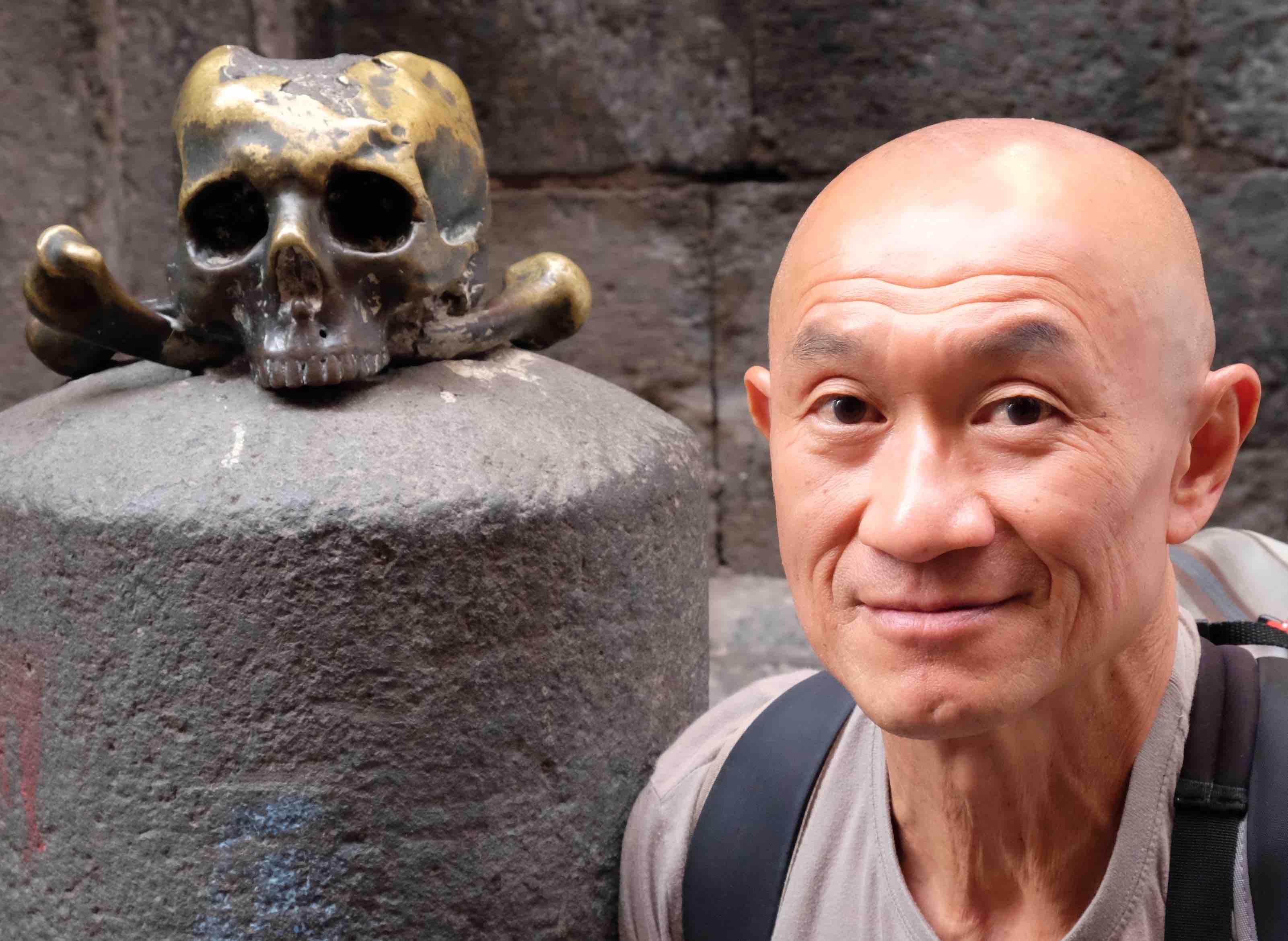 UdomMember
UdomMemberThank you krub K. Wilawan.
K. Wilawan wrote about an attempt to use Facebook to distribute information about an HIV vaccine study because the study wanted to target the general population. However the institutional IRB was concerned about the inability to control the content posted in Facebook. As the result, the study had to abort the idea.
There were many instances when trial participants and stakeholders asked the research team about information that they got from social media which included right and wrong information.
K. Wilawan thinks that social media is very interesting particularly the fact that presently it can reach a large number of people easily. However researchers have to be careful in presenting information and answering questions because many topics are complex and can lead to misunderstanding easily. If misunderstanding is circulated widely, correcting it will be very difficult.
-
-
06/10/2017 at 5:34 am #7302
 rattikaMember
rattikaMemberขอนุญาตแชร์การใช้social mediaในการทำงานวิจัยค่ะก่อนอื่นเราต้องยอมรับว่าโลกของเราได้เปลี่ยนไปแล้วเปลี่ยนไปสู่ยุคสังคมออนไลน์ดังนั้นการทำงานกับบุคคลทุกภาคส่วนของstake holder และแม้กระทั่งกับตัวอาสาสมัครก็ได้ติดต่อกันผ่านsocial mediaค่ะ. ส่วนตัวเองที่ใช้บ่อยก็จะมีไลน์กับmessengerของfacebookค่ะยกตัวอย่างเช่น
การติดต่อกับstake holder ไม่ว่าจะเป็นการrecruit การให้ข้อมูลโครงการวิจัย การupdateข้อมูลต่างๆซึ่งจะสะดวกกว่าการใช้โทรศัพท์เพื่อพูคุยแบบreal time เพราะการพิมพ์คุยกันในไลน์ บางครั้งอีกฝ่ายอาจจะไม่มีเวลาคุยหากเราไลน์ไปทิ้งไว้อีกฝ่ายมาเปิดอ่านและได้เห็นข้อความหรือรูปภาพหรือไฟล์ที่แนบไปก็จะได้รับคำตอบกลับมาดีกว่าการสื่อสารโดยการใช้โทรศัพท์โทรคุยกัน
สำหรับการติดต่ออาสาสมัครเช่นการนัดหมาย การทำความเข้าใจเกี่ยวกับโครงการวิจัยเพิ่มเติม อาสาสมัครมักจะชอบติดต่อทางนี้มากว่าและได้รับการตอบสนองดีกว่าการโทรศัพท์ แต่ผู้ใช้อาจจะต้องระมัดระวังในการใช้ด้วยค่ะเพราะ รูปภาพข้อความ จะไปปรากฏในที่สาธารณะเช่นส่งไลน์ผิดกลุ่มหรือผิดคนซึ่งอาจจะเป็นการเปิดเผยข้อมูลอาสาสมัครได้ค่ะขอบคุณค่ะ
รัตติกาfrom RIHES-
06/10/2017 at 9:37 am #7303
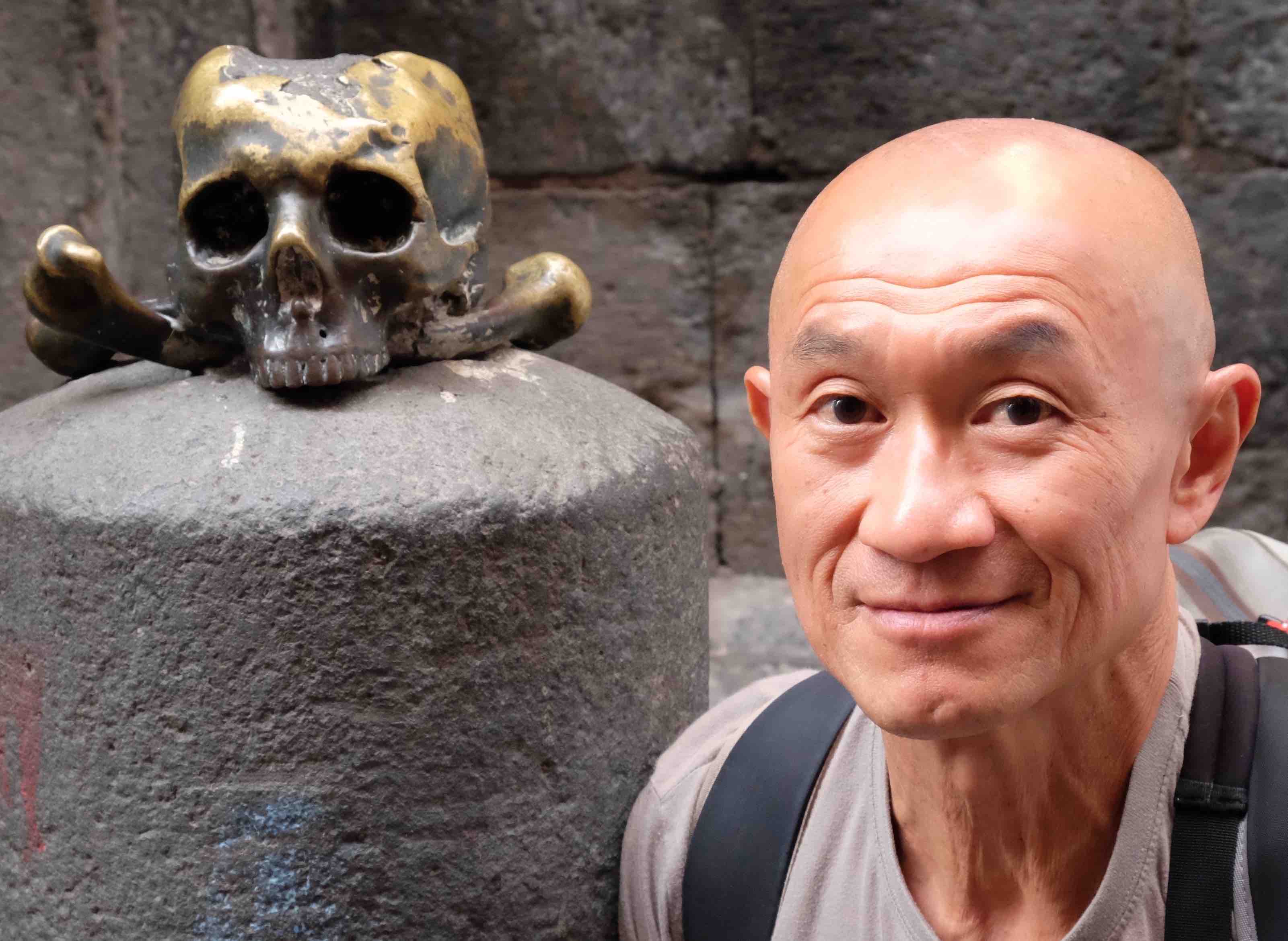 UdomMember
UdomMemberThank you krub K. Rattika.
K. Rattika wrote that because the world is moving toward online age, stakeholder engagement including contacting trial participants have shifted to social media. K. Rattika uses Line and Facebook’s messenger to contact stakeholders. She uses social media in recruitment, dissemination of trial’s information and update. Social media is more convenient that telephone call because people don’t have to respond in real time. When they don’t have time to talk, they can respond to Line message later. Furthermore they can read text, see pictures or receive attached files as well. Thus the response is better than telephone call.
For contacting trail participants about their clinical visits, trial participants prefer social media and the response is correspondingly better that telephone contact. However people who use social media should be careful because sending pictures or confidential messages to a wrong group or person could unintentionally reveal trial participants’ personal information.
-
-
06/09/2017 at 6:15 am #7295
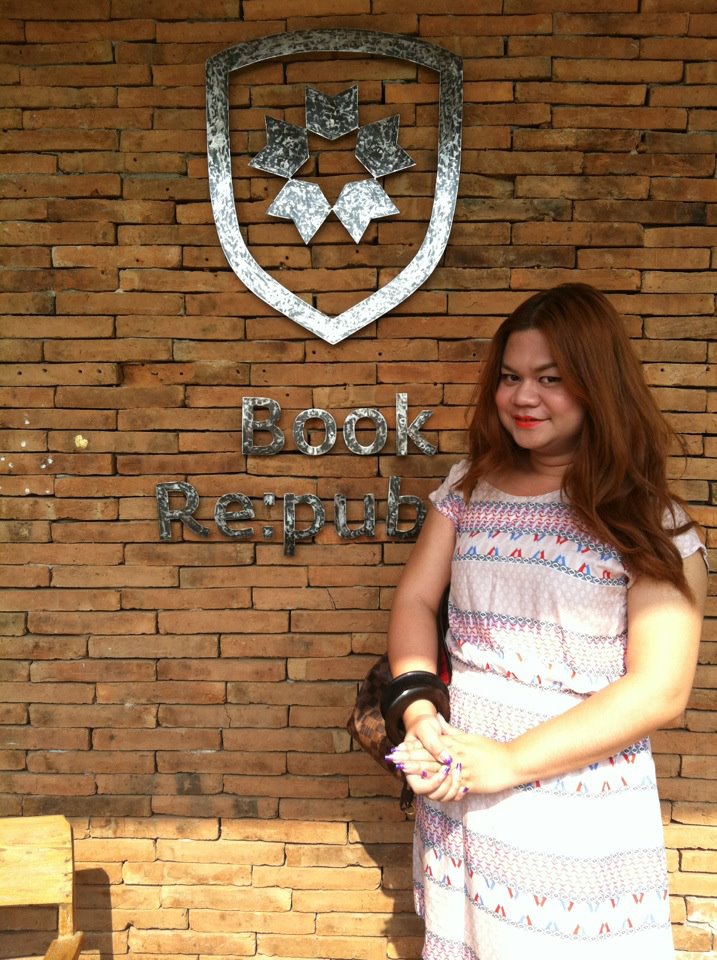 KathMember
KathMemberการสื่อสารแบบสังคมออนไลน์ อาจมีผลต่อการวิจัยในเรื่องของการสื่อสารสาธารณะหรือการเผิดเผยข้อมูลที่เป็นความลับ
ส่วนตัวไม่เคยมีประสบการณ์ของการใช้สื่อสังคมออนไลน์ในการทำวิจัย หรือติดตาม ต่ก็น่าสนใจหากจะสร้างสังคมออนไลน์ให้ผู้มีส่วนร่วมได้มาแลกเปลี่ยนค่ะ แต่อาจเป็นกลุ่มปิด
ขอบพระคุณค่ะ
เคท-
06/09/2017 at 9:15 am #7296
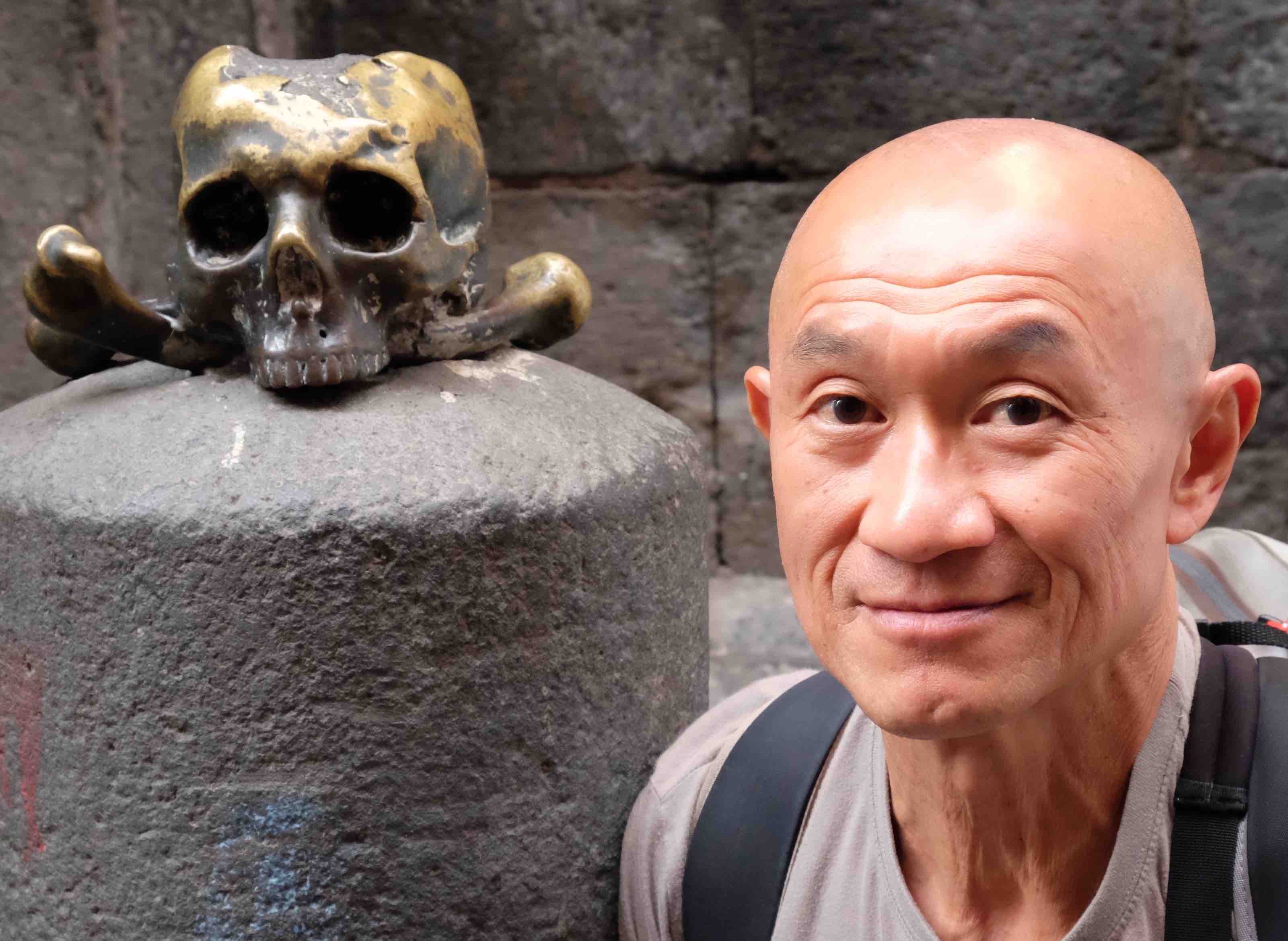 UdomMember
UdomMemberThank you krub K. Kath.
K. Kath has no direct experience in using social media in research or follow up. She thinks that the use of social media might effect the trial’s public communication or reveal the trial’s confidential information. K. Kath is interested in creating a social media for trial participants to exchange ideas.
-
-
-
AuthorReplies
- The forum ‘GPP Thailand Forum_May -July 2017’ is closed to new topics and replies.


